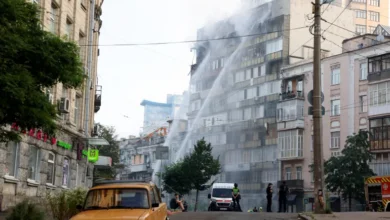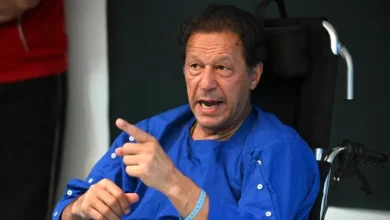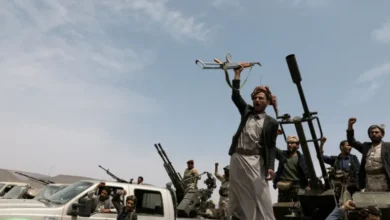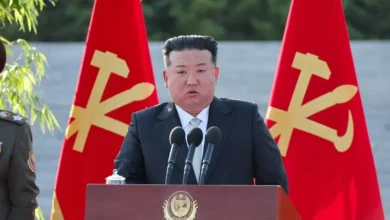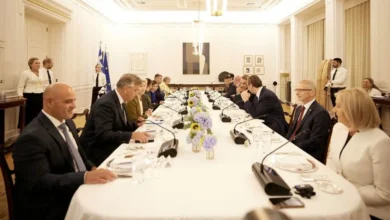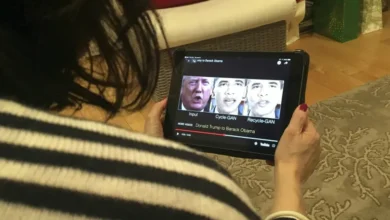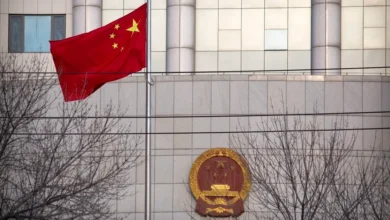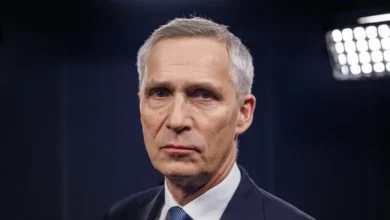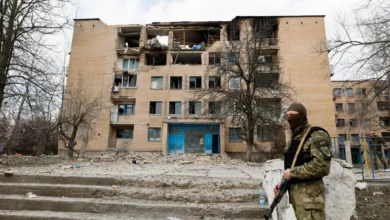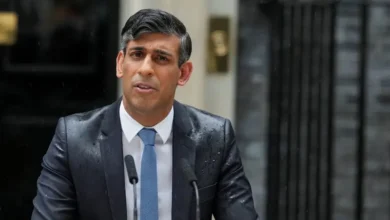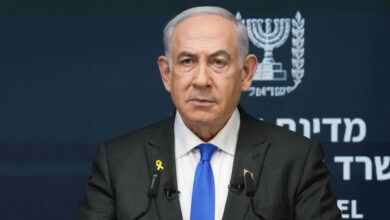What Russia wants from Israel-Iran escalation: Chaos good, war bad
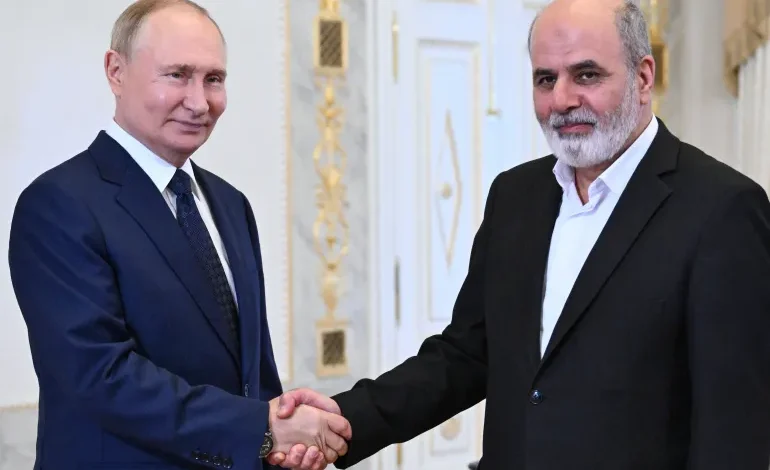
Anna Levina, a Russian researcher and photographer-documentarian living in Beirut, has been stocking up on supplies in preparation for Israel’s assault on Lebanon, and she still has non-perishables sitting in her kitchen since last October, when Hezbollah and Israel started firing missiles at each other.
“The feeling is, of course, unpleasant, but I’ve been waiting for this moment for a year,” said Levina, of the dramatic escalation in Israeli missile strikes on many parts of Lebanon, including Beirut, over the past two weeks, in which more than 2,000 people have been killed. On Tuesday, Israel also announced the start of ground operations in southern Lebanon, where its forces have since been locked in combat with Hezbollah fighters.
Levina spoke of how Israel was “bombing residential buildings, and just now there was another air strike three kilometres from me on some medical centre.”
“It is difficult to cope with this on a human level,” she said.
For Russia, her country, the expanding war between Israel and its neighbours is also difficult on a strategic level, say analysts.Russia’s foreign policy under President Vladimir Putin has revolved around a “multipolar world,” an alternative to the US-led world order. With heightened prospects of a direct confrontation between Israel and Iran, and the war also expanding decisively into Lebanon, what does this latest crisis mean for Russia’s interests as a global power?
‘Falling into Iran’s orbit’
Russia has received significant Iranian assistance for its own invasion of Ukraine, tying it to Tehran’s interests in the region.
“Russia has been closely cooperating with Iran for the past two-and-a-half years, but exclusively in the military sphere,” said Ruslan Suleymanov, an independent Russian specialist on the Middle East based in Baku, Azerbaijan.
“Iranian weapons are in great demand. They have never been in such demand, and Russia has become dependent on Iranian weapons.”
Iranian military instructors, Suleymanov said, now visit Russia and are helping to build a factory for the production of Shahed drones inside Russia.
“As a result, Russia is forced to support Iran’s allies in the Middle East such as the Hezbollah movement,” Suleymanov said.
“The Americans are now distracted from the war in Ukraine: They need to spend a lot of time resolving the situation in the Middle East.”
“But at the same time, the Kremlin would not like to see [another] major war,” he emphasised.
Russia and Iran share a mutual antagonism with the United States. They also share a common ally in Syrian President Bashar al-Assad, intervening during his country’s civil war. Russian warplanes bombed rebel-held cities, while Hezbollah fought furiously on the ground. Russia has strategic interests in Syria, including military bases as well as oil and gas deposits.
To defuse tensions with Israel, Moscow has used its influence with Tehran to persuade Hezbollah to pull back from the Syrian-Israeli border.
Levina, the Beirut-based Russian researcher, said that there was a view among observers that there has existed a tacit understanding between Israel and Russia, over Syria. She cited Israel’s reluctance to supply military hardware to Ukraine in its war against Russia, and said that when Israel strikes Hezbollah positions in southern Syria – where Moscow’s troops are present – “Russia does nothing, just lets them.”
